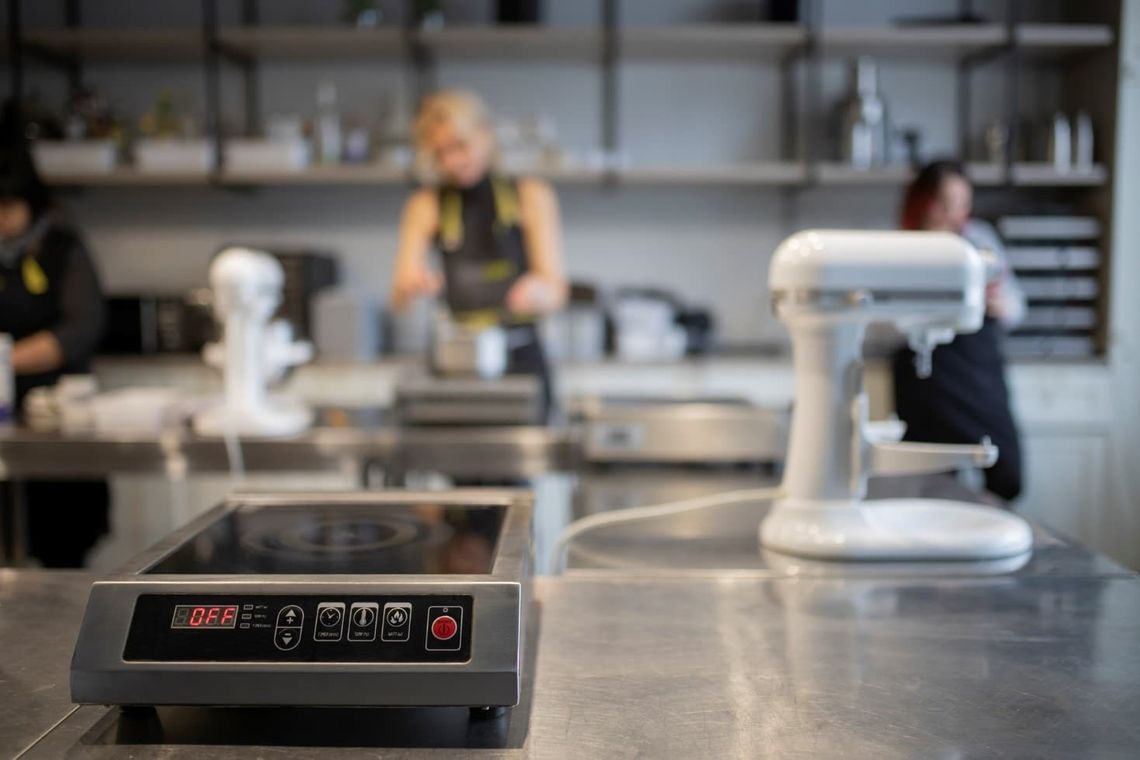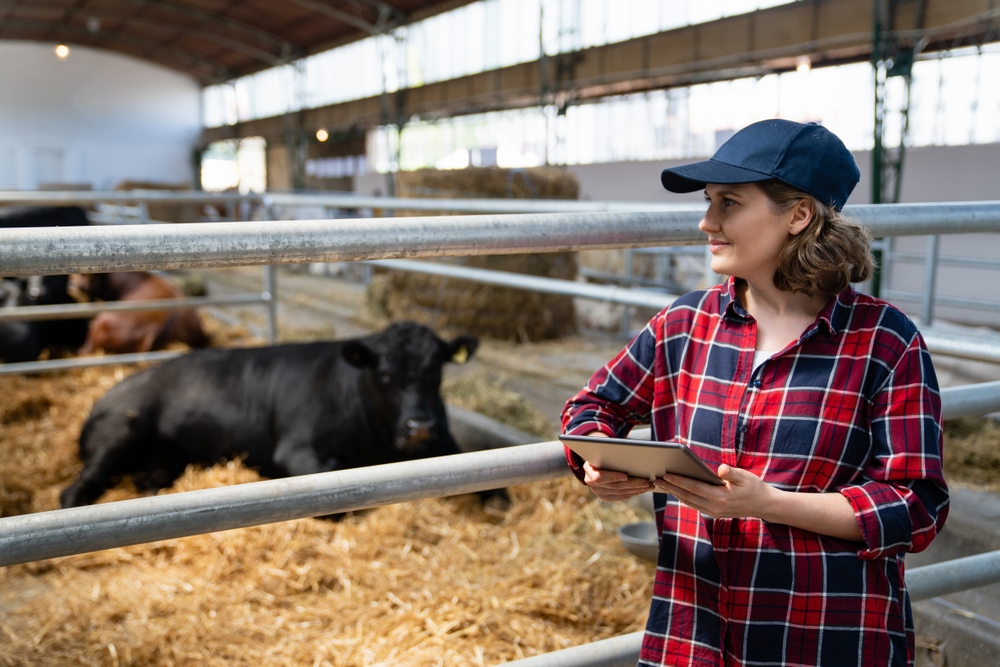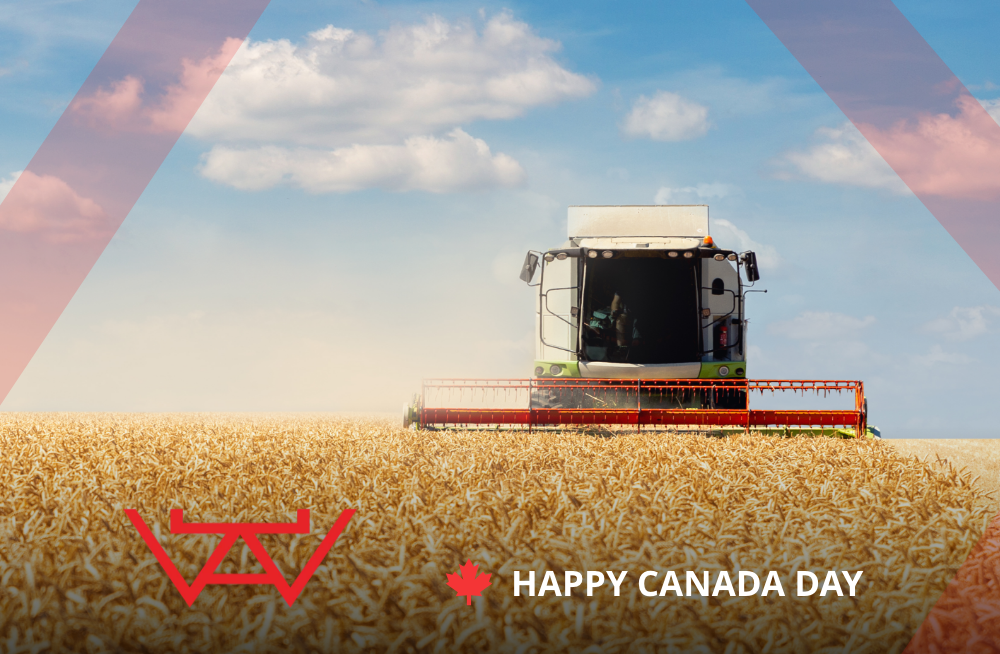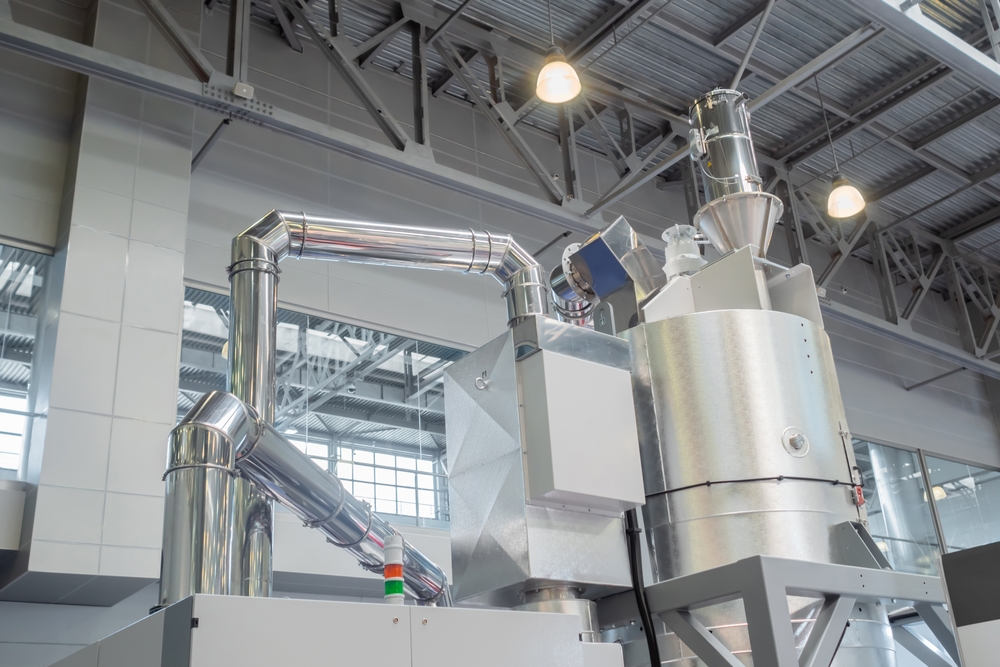Scales can be used to weigh meats, fruits, vegetables and various other types of food in restaurants, warehouses and markets, among other settings. Plus, they come in numerous shapes and sizes to meet a business’ specific needs. So how do you choose the right one? Here are some things to consider when selecting a commercial scale for weighing food.
Weighing capacity
All scales have weight limits, including both maximum and minimum requirements. A high-capacity scale is ideal for measuring large quantities of bulk ingredients, while a low-capacity device works best for smaller portions and expensive ingredients like spices. Before purchasing a scale, be sure to check the weight capacity specifications to ensure you get a product that meets your needs.
Readability
A clear display helps ensure measurement visibility and accuracy. Scales can be either digital or mechanical. Digital scales tend to be more popular, as they display precise readings down to the last gram. However, mechanical scales are portable and don’t require a power source.
Hygiene
It’s essential to maintain good hygiene practices when working with food. Commercial scales must be easy to clean and sturdy enough to withstand repeated handling. Look for a scale that’s resistant to spills and frequent washing. Additionally, choose a stainless steel product that has a removable pan to make cleaning more efficient.
Types of scales
How you intend to use the device should be a major factor when choosing a scale. Common types of commercial food weight scales include:
-
Portion control scales, which are used to serve consistent portions.
-
Receiver scales, which are intended to weigh items in bulk as they arrive. They can be relied on to accurately record the inventory you receive.
-
Hanging scales, which provide a flexible way to measure irregularly shaped produce, meats and dry goods. They’re usually hung from the ceiling, but some can be handheld.
-
Price computing, or legal-for-trade scales, which determine the price of a product based on its weight or by connecting to a point-of-sale system that performs the calculations.
-
Baking scales, or balance scales, use a set of weights to provide precise measurements.
Commercial scales in Alberta
If you’re looking to measure food and other products with precision, Accurate/Western Scale Co. Ltd. can help. We offer a variety of commercial scales, including counting scales, price computing scales and precision scales in Calgary, Red Deer and Swift Current. We’re an approved service provider accredited by Measurement Canada. Contact us today to learn more about our products and services.





